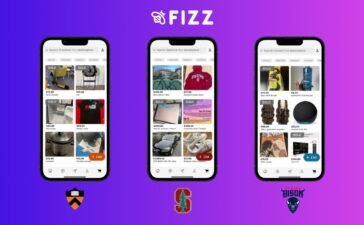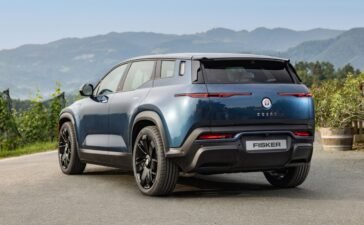The first self-checkout system was installed in 1986 in a Kroger grocery store just outside of Atlanta. It took several decades, but the technology has finally proliferated across the U.S. Given the automated direction grocery stores are heading, it seems that robotic bagging can’t be too far behind.
MIT’s CSAIL department this week is showcasing RoboGrocery. It combines computer vision with a soft robotic gripper to bag a wide range of different items. To test the system, researchers placed 10 objects unknown to the robot on a grocery conveyer belt.
The products ranged from delicate items like grapes, bread, kale, muffins and crackers to far more solid ones like soup cans, meal boxes and ice cream containers. The vision system kicks in first, detecting the objects before determining their size and orientation on the belt.
As the grasper touches the grapes, pressure sensors in the fingers determine that they are, in fact, delicate and therefore should not go at the bottom of the bag — something many of us no doubt learned the hard way. Next, it notes that the soup can is a more rigid structure and sticks it in the bottom of the bag.
“This is a significant first step towards having robots pack groceries and other items in real-world settings,” said Annan Zhang, one of the study’s lead authors. “Although we’re not quite ready for commercial deployment, our research demonstrates the power of integrating multiple sensing modalities in soft robotic systems.”
The team notes that there’s still plenty of room for improvement, including upgrades to the grasper and the imaging system to better determine how and in what order to pack things. As the system becomes more robust, it may also be scaled outside the grocery into more industrial spaces like recycling plants.
You Might Also Like
Fizz, the anonymous Gen Z social app, adds a marketplace for college students
Teddy Solomon just moved to a new house in Palo Alto, so he turned to the Stanford community on Fizz...
HealthEquity says data breach is an ‘isolated incident’
On Tuesday, health tech services provider HealthEquity disclosed in a filing with federal regulators that it had suffered a data...
Roll20, an online tabletop role-playing game platform, discloses data breach
The popular online tabletop and role-playing game platform Roll20 announced on Wednesday that it had suffered a data breach, which...
Fisker asks bankruptcy court to sell its EVs at average of $14,000 each
Fisker has a willing buyer for its remaining inventory of all-electric Ocean SUVs, and has asked the Delaware Bankruptcy Court...










